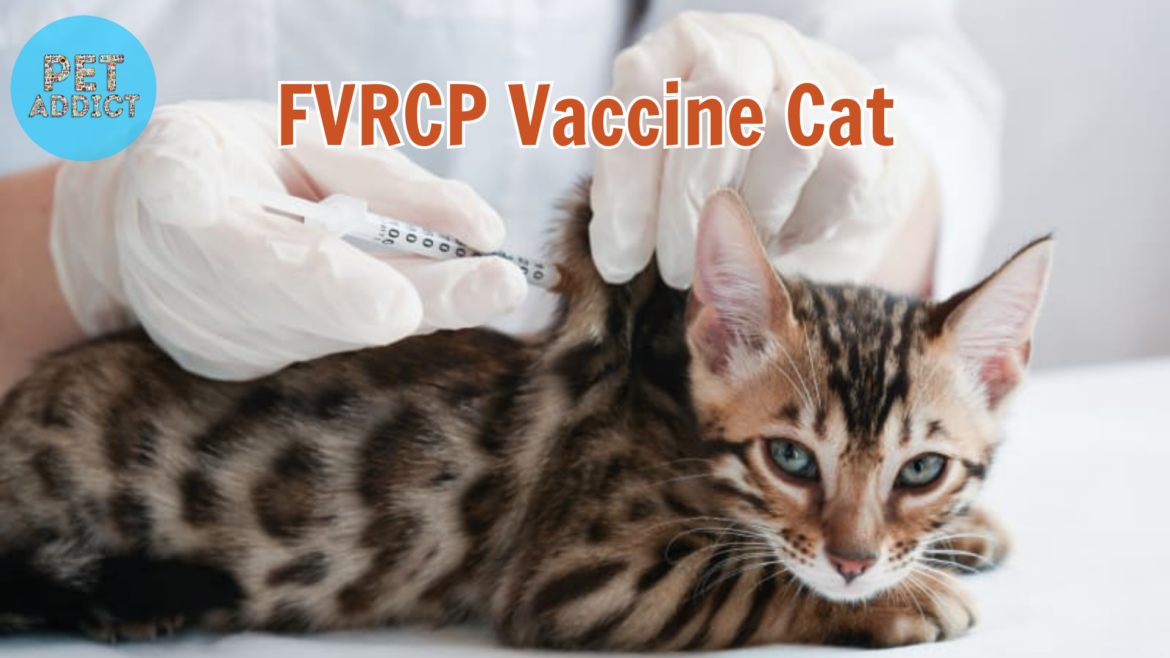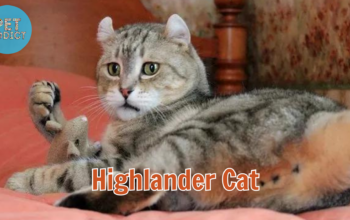Caring for your feline companion involves ensuring their health and well-being. One essential aspect of cat care is vaccination, and the FVRCP vaccine plays a crucial role in protecting your cat against several common and potentially serious diseases. In this article, we’ll delve into the world of the FVRCP vaccine, exploring its significance, the diseases it guards against, its administration, and considerations for your cat’s overall health.
PetAddict.net – The best place where you can find everything about your pet!
Deciphering the FVRCP Vaccine
The FVRCP vaccine is a combination vaccine that guards against three key feline diseases: Feline Viral Rhinotracheitis (FVR), Calicivirus (C), and Panleukopenia (P). These diseases can pose significant health risks to cats, especially those with weakened immune systems or who are exposed to other cats.
The Diseases Targeted by FVRCP
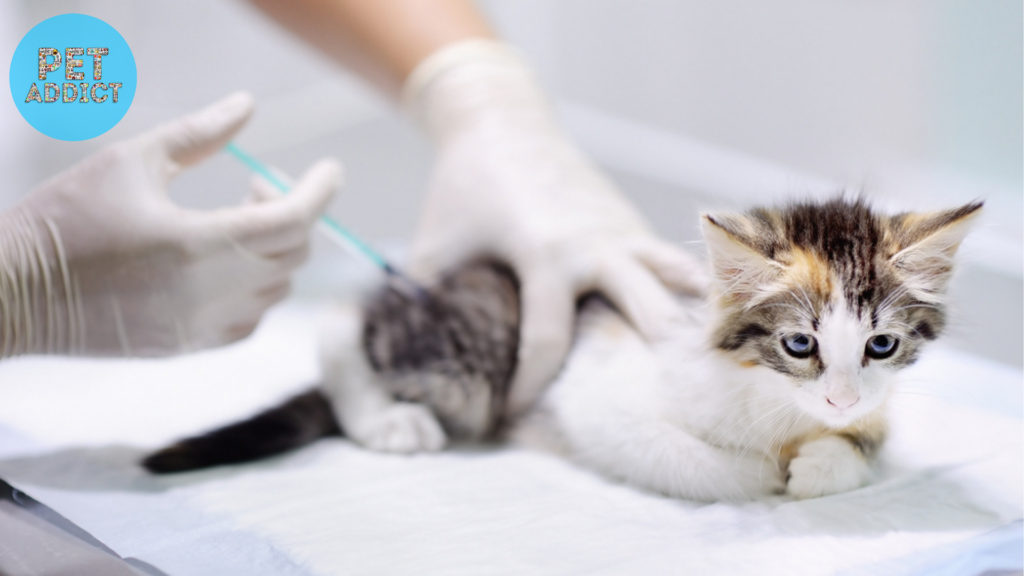
Feline Viral Rhinotracheitis (FVR)
FVR is a highly contagious respiratory disease caused by the feline herpes virus. It leads to symptoms like sneezing, nasal discharge, and conjunctivitis. Severe cases can result in eye ulcers and even pneumonia.
Calicivirus (C)
Calicivirus causes upper respiratory infections in cats, leading to symptoms like fever, mouth sores, and nasal discharge. In severe cases, it can cause lameness due to joint inflammation.
Panleukopenia (P)
Also known as feline distemper, panleukopenia is a highly contagious and potentially fatal disease. It affects a cat’s gastrointestinal system, causing symptoms like vomiting, diarrhea, and lethargy.
The Importance of Vaccination
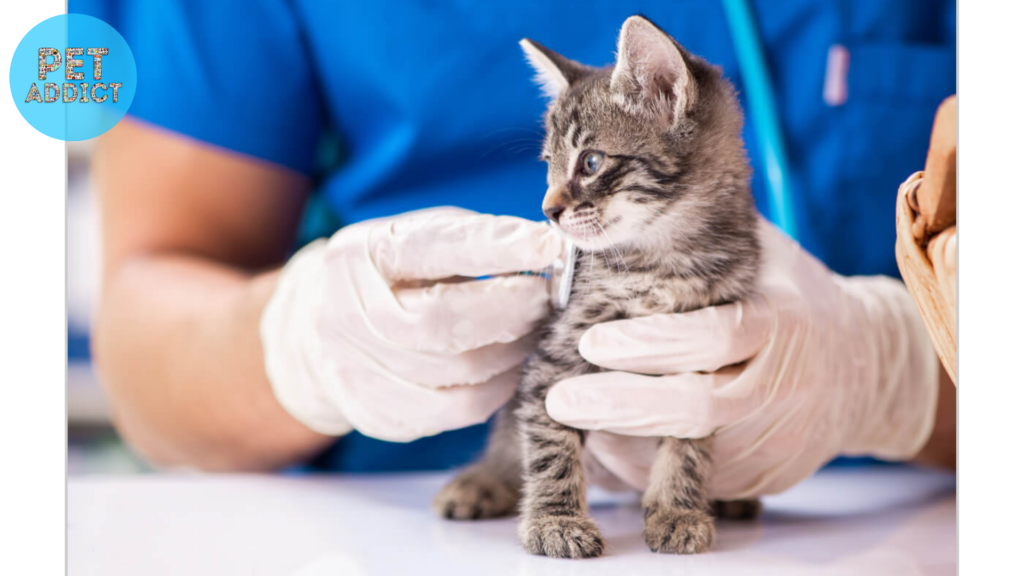
Vaccination is a proactive measure to safeguard your cat’s health and prevent the spread of diseases. By receiving the FVRCP vaccine, your cat develops immunity to these diseases, reducing the risk of infection and potential complications.
The FVRCP Vaccine Schedule
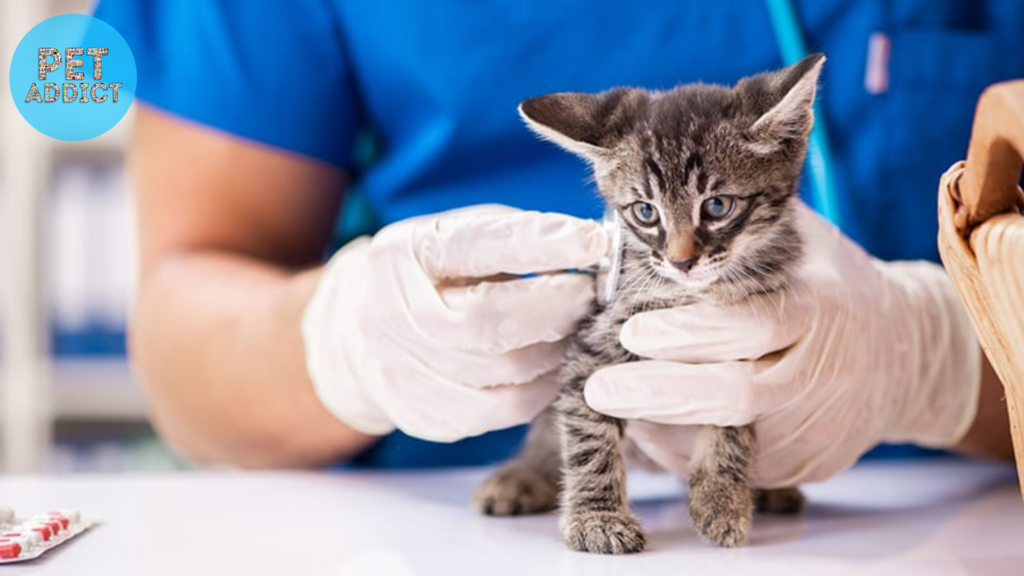
Kitten Vaccination
Kittens typically receive their first FVRCP vaccine at around 6 to 8 weeks of age. This is followed by boosters every 3 to 4 weeks until they reach 16 weeks of age.
Adult Cat Vaccination
Adult cats require booster shots to maintain their immunity. These boosters are usually administered annually or as recommended by your veterinarian.
Potential Side Effects
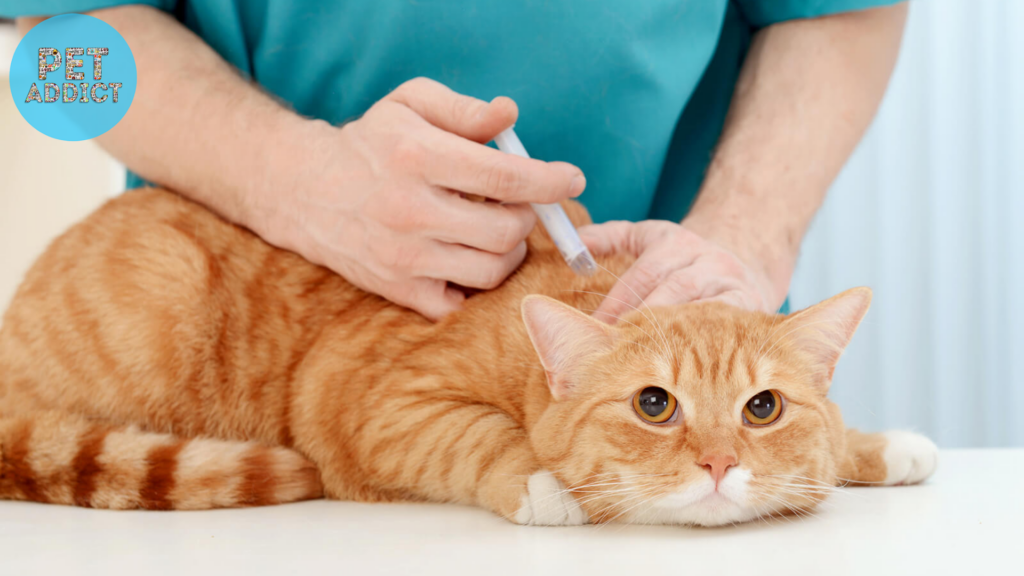
While most cats tolerate the FVRCP vaccine well, some might experience mild side effects such as lethargy, mild fever, or localized soreness at the injection site. Serious reactions are rare but can include allergic reactions. Consult your veterinarian if you notice any unusual symptoms.
Additional Considerations
Consulting Your Veterinarian
Your veterinarian is your best source of information regarding vaccination schedules and any specific concerns you might have about your cat’s health.
Lifestyle Factors
Consider your cat’s lifestyle when determining their vaccination needs. Indoor cats might have different requirements compared to those who venture outdoors or interact with other cats.
Conclusion: Safeguarding Your Cat’s Well-being
The FVRCP vaccine is a vital tool in preventing common feline diseases that can impact your cat’s health and quality of life. By staying informed about the vaccine’s importance, administration, and potential side effects, you’re taking proactive steps to ensure your cat’s well-being and longevity.

